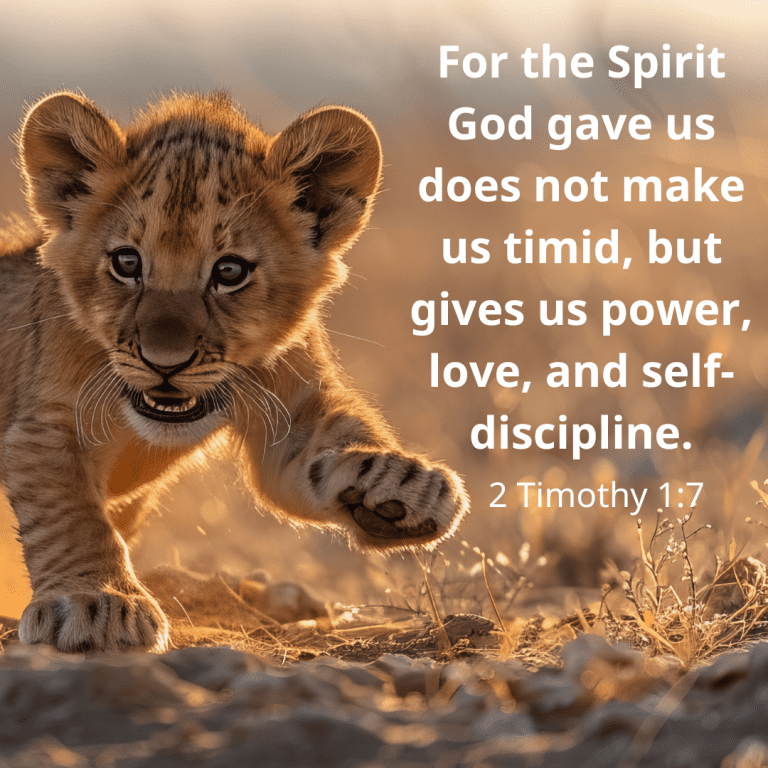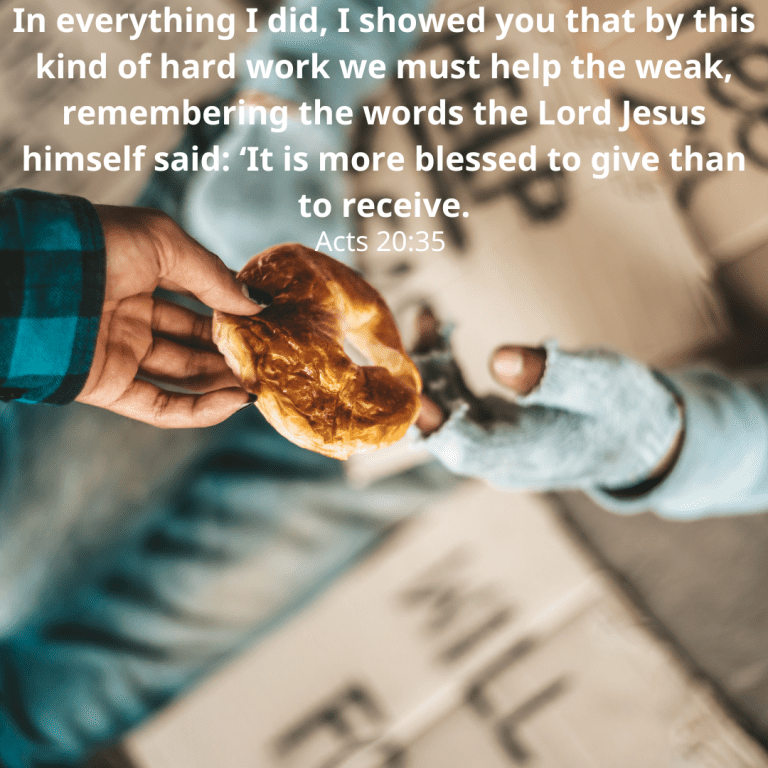Earthly and Heavenly Worship
1 The first covenant had rules for worship and a place made for worship as well. 2 A tent was put up, the outer one, which was called the Holy Place. In it were the lampstand and the table with the bread offered to God. 3 Behind the second curtain was the tent called the Most Holy Place. 4 In it were the gold altar for the burning of incense and the Covenant Box all covered with gold and containing the gold jar with the manna in it, Aaron's stick that had sprouted leaves, and the two stone tablets with the commandments written on them. 5 Above the Box were the winged creatures representing God's presence, with their wings spread over the place where sins were forgiven. But now is not the time to explain everything in detail.
6 This is how those things have been arranged. The priests go into the outer tent every day to perform their duties, 7 but only the high priest goes into the inner tent, and he does so only once a year. He takes with him blood which he offers to God on behalf of himself and for the sins which the people have committed without knowing they were sinning. 8 The Holy Spirit clearly teaches from all these arrangements that the way into the Most Holy Place has not yet been opened as long as the outer tent still stands. 9 This is a symbol which points to the present time. It means that the offerings and animal sacrifices presented to God cannot make the worshiper's heart perfect, 10 since they have to do only with food, drink, and various purification ceremonies. These are all outward rules, which apply only until the time when God will establish the new order.
11 But Christ has already come as the High Priest of the good things that are already here. The tent in which he serves is greater and more perfect; it is not a tent made by human hands, that is, it is not a part of this created world. 12 When Christ went through the tent and entered once and for all into the Most Holy Place, he did not take the blood of goats and bulls to offer as a sacrifice; rather, he took his own blood and obtained eternal salvation for us. 13 The blood of goats and bulls and the ashes of a burnt calf are sprinkled on the people who are ritually unclean, and this purifies them by taking away their ritual impurity. 14 Since this is true, how much more is accomplished by the blood of Christ! Through the eternal Spirit he offered himself as a perfect sacrifice to God. His blood will purify our consciences from useless rituals, so that we may serve the living God.
15 For this reason Christ is the one who arranges a new covenant, so that those who have been called by God may receive the eternal blessings that God has promised. This can be done because there has been a death which sets people free from the wrongs they did while the first covenant was in effect.
16 In the case of a will it is necessary to prove that the person who made it has died, 17 for a will means nothing while the person who made it is alive; it goes into effect only after his death. 18 That is why even the first covenant went into effect only with the use of blood. 19 First, Moses proclaimed to the people all the commandments as set forth in the Law. Then he took the blood of bulls and goats, mixed it with water, and sprinkled it on the book of the Law and all the people, using a sprig of hyssop and some red wool. 20 He said, “This is the blood which seals the covenant that God has commanded you to obey.” 21 In the same way Moses also sprinkled the blood on the Sacred Tent and over all the things used in worship. 22 Indeed, according to the Law almost everything is purified by blood, and sins are forgiven only if blood is poured out.
Christ's Sacrifice Takes Away Sins
23 Those things, which are copies of the heavenly originals, had to be purified in that way. But the heavenly things themselves require much better sacrifices. 24 For Christ did not go into a Holy Place made by human hands, which was a copy of the real one. He went into heaven itself, where he now appears on our behalf in the presence of God. 25 The Jewish high priest goes into the Most Holy Place every year with the blood of an animal. But Christ did not go in to offer himself many times, 26 for then he would have had to suffer many times ever since the creation of the world. Instead, now when all ages of time are nearing the end, he has appeared once and for all, to remove sin through the sacrifice of himself. 27 Everyone must die once, and after that be judged by God. 28 In the same manner Christ also was offered in sacrifice once to take away the sins of many. He will appear a second time, not to deal with sin, but to save those who are waiting for him.
aza 9
ezir wirlinelu ter weḏi kerrenyŋw wiri zura kweḏi wa wir wiaŋ
1 na tikitaḏiza tiŋna eḏi nizama keni kweḏi ṯikwocalu ṯeḏi Allah, na ezir wuŋwun wirlinelu ter wiri weḏi ṯurmun kḏu. 2 kaka kitina gwu kheyma kuɽena-na kiɽen, na ŋga kinani kwaḏan gi nuŋweḏi kwɔmne-na kweṯir gi allazi lɔmba la, na ṯarbeza, na eḏneya wirlinelu ter; nuŋw eni ezir wirlinelu ter. 3 na kireṯ ṯoɽu ṯi la nuŋw nani kiḏaḏu, keṯir eca ezir wirlinelu ter wuṯemḏi, 4 weḏi ŋweḏgwuna ŋwir ḏahab ŋweṯir gwu ruɽi kwuḏɽula la, na zanḏuk kweṯi ṯinayinici lizi ṯikitaḏiza ṯeḏi Allah, kwenjer dahaba nana tatap, kweḏi tii-na tir ḏahab teḏi manna-na, na tumor-na teḏi haruun kra timɔ riɽi ufɽinya tamin tete, na yali-na yiɽen yeḏi ṯikitaḏiza. 5 na gwu kwɔmne kwudaɽmina ḏahab ṯi eḏaɽani limaleyka nden nani la, kwir laŋɽa leḏi ŋiniṯ ŋeti kwuɽbeḏa ezir lu wa, weṯi gwu Allah-na amiḏina lizi li. ŋeḏi kwɔmne ŋgwu ŋiti ŋer ŋi andazi ŋere ŋere kire-kirem ŋgwu mac.
6 ŋiɽaŋal ŋi ŋeḏi nizam ŋgwu, eti yiziiz enḏi ŋwamin tatap kheyma-na kinani kwaḏan gi, eṯir gwu əkizi Allah ŋɔḏɽor; 7 lakin ŋga kiḏaḏu eti gwu kiziiz kir kweleny enḏi-na dak lamin lutuput tuɽuk kiḏleyu minmin, na eṯuŋw ere enḏi mac kwiira ŋina ŋetuŋw zi kete ŋeḏi rɔgwɽɔ ruŋwun, na ŋeḏi kla limaki tay pir. 8 ŋiɽaŋal ŋi ŋu, eṯi zi Ṯigɽim ṯirlinelu ter ilŋiiḏini eḏaruŋw, tay ṯeḏi ezir wirlinelu ter wuṯemḏi rerec titi ṯimɔkiṯini kinna mac, nani gwu ta kinna kheyma ŋga kinani par ŋgi la. 9 nizam ŋgwu nuŋw orɔ kaka zura kweḏi ŋwomur ŋweḏi kiremŋw. ki lomur ta kla, eṯir inḏeḏa haḏiya na karama kitezir, lakin ner ere eḏi ŋuma mac eḏinḏeḏa ŋgwa kweṯi kwocelu ṯugwori ṯuzuɽu-na. 10 eṯir orɔ dak ŋeḏi eḏne, na ṯiiḏa, na eḏuni rii mindaŋ, —tatap ner orɔ ŋeḏi aŋna domony, mindaŋ ma lomur ila leḏi ŋiɽaŋali ŋiṯemḏi.
ŋuma ŋeḏi Karama keni Kwruztu eḏi zuɽi lizi rugwori
11 lakin ma Kwruztu ruwene lu eḏorɔ Kiziiz kir kweleny kweḏi kwɔmne kwizaw kwinḏi eḏila, nuŋwendi kheyma gi-na kiṯemḏelu kir minmin (kiti kidaɽmina rii ri mac, nuŋw ere orɔ keḏi ṯurmun kḏu tɔk mac), 12 nuŋw enḏi tamin tutuput ṯuɽuk kezir wirlinelu ter wuṯemḏi rerec, kwiti kwapi-na ŋina ŋeḏi yiɽu na ŋeḏi nyiḏri mac, lakin ŋin ŋi ŋuŋun, nuŋw ŋi ṯa alla nyuŋwuzi ki ŋuway-na ŋeḏi ŋikya eḏinḏeḏa nyuŋwuzi hurriya winḏi eḏi nanniḏa dɔk.
13 na ma ŋin ŋeḏi yiɽu-ŋa nyiḏri nyi, na yaru yeḏi tumɽu kya yeṯir yi rece kla limaki ṯay pir, mer eḏi ŋuma eḏi ruzi yaŋna yuzuɽu-na, eḏi zi irlelu ter, 14 a ŋin ŋeḏi Kwruztu er ere eni ŋimɔtamḏalu purpur manya, ŋenyji zuɽici rugwori-na reri, mindaŋ mer duŋgweci ŋɔḏɽor ŋiti ŋeḏi ŋimiiḏa-na mac, eḏəkizi Allah weṯimiiḏi ŋɔḏɽor. Kwruztu kwunderṯa ŋgwu kwinḏeḏa Allah rɔgwɽɔ ruŋwun ruzuɽu-na cucuɽic ṯigɽim ṯi ṯuŋwun tetinanniḏa dɔk, eḏorɔ karama keri.
15 ŋwu ṯaŋwu, nuŋw orɔ kwete kwir ṯəmiḏana ṯeḏi ṯikitaḏiza ṯete ṯiaŋ, mindaŋ mer afi, kla ornuṯuŋw zi, ŋoru ŋinḏi eḏi nanniḏa dɔk ŋikitaḏuŋw zi ŋi, kaka ayŋw gwu kwete eḏi zi alla ki ŋikya-na ŋerrerzi kerreny, miḏir gwu ṯikitaḏiza ṯeḏi kerrenyŋw. 16 muŋw lɔ kwere ŋiɽaŋali ŋeḏi ṯikanna ṯeḏi ŋor ŋuŋwun, ner ere eḏi fayḏa mac, illi muŋw ay. 17 kaka eṯi gwu ṯikitaḏiza kḏu eḏi fayḏa dak ma ŋgwa kwuluḏi ay, kaka eṯuŋw gwu ere eḏi fayḏa ḏuṯ ma ŋgwa kwuluḏi nani kwumiiḏu kinna. 18 ṯaŋwu na ṯikitaḏiza ṯeḏi kerrenyŋw ere eḏi fayḏa mac ṯiira ŋina. 19 kaka andica gwu muuza lizi tatap amra ndendeṯ weḏi kuruu, nuŋw dimi ŋina ŋeḏi nyiḏri-ŋa yiɽu yi ŋaw ŋi, na yala yori na kwaɽi kwɔkwɽeny, mindaŋ muŋw ŋi ma rece kiṯami keḏi kuruu, na lizi tatap tɔk. 20 nuŋw zi eca ŋwu: ŋin ŋu ŋiri ŋin ŋeḏi ṯikitaḏiza ṯikita ŋwi ŋaŋa li. 21 kaka ṯaŋwu tɔk, nuŋw rece kheyma ŋin ŋi, na kwɔmne ŋgwa tatap kweṯir gi kwoce Allah lu. 22 a kweḏir ŋuma keni eḏaruŋw, kuruu gi eṯi kwɔmne tatap zuɽini ŋin ŋi, na ma ŋin ere irelu mac, a ṯififrina ṯeḏi ŋikya ere nani tɔk mac.
23 ŋwu ṯaŋwu mer eni ŋofḏana eḏi zuɽini ŋa ŋir kaka zura domony kweḏi kwɔmne kweḏi kilerena, karama gi ŋgu, ner eni ŋofḏana eḏi kwɔmne kweḏi kilerena rerec zuɽini karama gi kiṯemḏi ŋgu. 24 na Kwruztu ere enḏi mac kezir wirlinelu ter wudaɽmaḏir rii ri, waɽina domony wa wuṯemḏelu rerec, lakin nuŋw enḏi kilerena ŋundu eḏi ruwene lu kirem ki yey-na yeḏi Allah, eḏi roce nyuŋwuzi. 25 nuŋwere enḏi mac eḏinḏeḏa rɔgwɽɔ ruŋwun eḏorɔ karama ŋwamin rac ŋwamin rac, kaka eṯi gwu kiziiz kir kweleny ki ṯurmun-na enḏi kezir wirlinelu ter yiḏleyu yiḏleyu, ŋin ŋi ŋiti ŋir ŋuŋun mac; 26 eŋgir orɔ ṯaŋwu, eŋgi Kwruztu rerini ŋwamin-na caw caw kinaŋw tuk kitina gwu ṯurmun ṯay ṯi. lakin kwumɔ ruwene lu tamin tutuput dak ki lomur liratizaŋw zi li eḏafrazi ŋikyaŋi ṯay ṯete karama gi kir rɔgwɽɔ ruŋwun. 27 na kaka inḏi gwu lizi eḏay tamin tete, na kwaḏan ta er ma rilli ki yey-na yeḏi hukm, 28 ṯaŋwu a Kwruztu, kwumer ruzi karama tamin tutuput dak eḏufini ŋikyaŋi ŋeḏi luru, inḏi eḏi ruwene lu kwokwony, kwiti kweḏi ŋiɽaŋali ŋere ŋeḏi ŋikya mac, lakin eḏi zi efica kla ŋigileḏa leṯi icazi ŋunduŋwu kiṯay.


